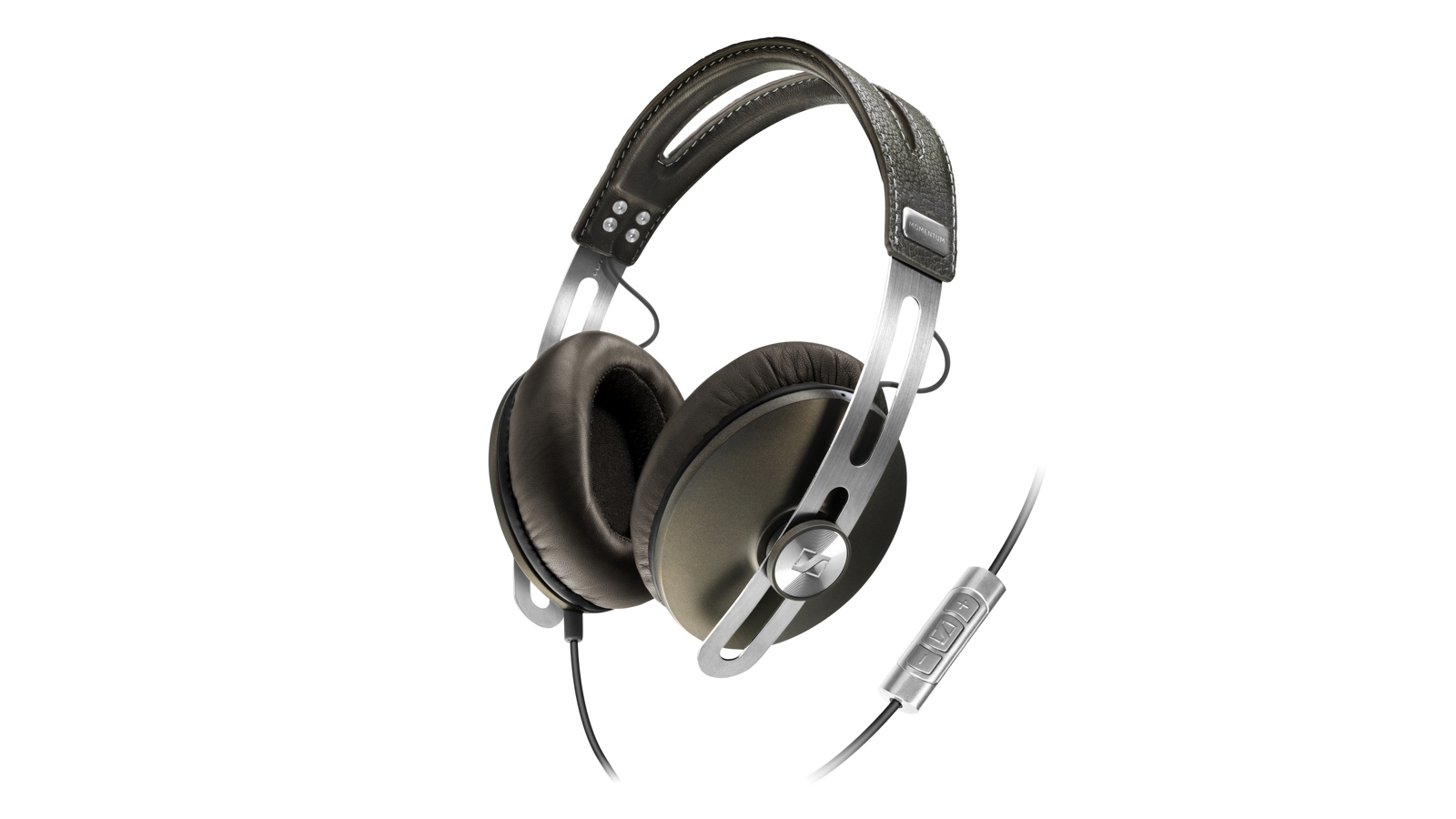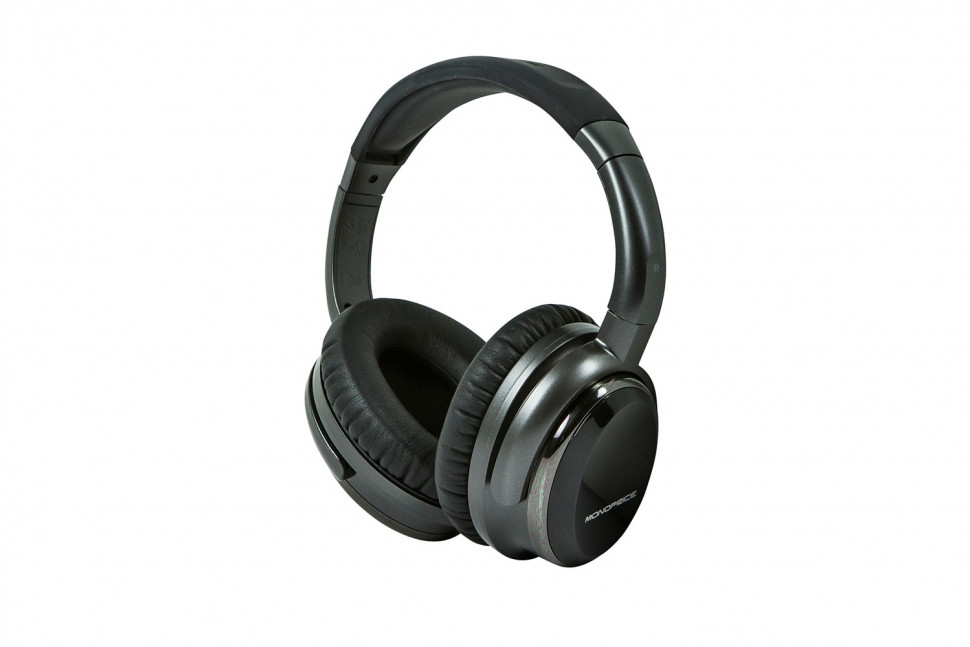If you’re looking for a pair of quality headphones, two terms you should know are noise cancellation and noise isolation. Of course, the type you should go for depends on how much background noise you want to cut out while listening to your tunes or audiobook. Let’s break them down by strengths and weaknesses, because it’s not a simple matter of one being better than the other.
Noise isolation

Image source: Modern Toil.
The purpose of noise isolation is to isolate your ear (or ear canal) from as much ambient noise as possible. Typically noise isolation comes in two types of headphones: in-ear, also known as earbuds, and over-ear. In-ear headphones plug into your ears to seal the canal. To compare, over-ear headphones use high-density foam to cover your whole ear from all sides.
Basically, the more complete the seal is, the better it will be at keeping noise away. When it comes to noise reduction levels, noise isolation isn’t as effective as noise cancellation. This is because noise-canceling headphones usually make use of both cancellation and isolation, so you get twice as much reduction.
So how about sound quality? With noise isolation headphones, you can get a more enjoyable experience overall, due to the headphones not generating extra waves as noise cancellation headphones do. The results you get are more true to the original sounds. In fact, many sound engineers prefer noise-isolating headphones since the audio is what it’s meant to sound like.
Breaking it down, we find noise isolation headphones:
- Come in two different types, being in-ear or over-ear
- Must have a quality seal to keep noise out
- Don't generate any extra sound waves
- Allow you to hear audio as it's meant to be (if you've scored a good pair)
Noise cancellation

Image source: Digital Trends.
A bit more complex than noise isolation, noise cancellation headphones focus on the smart technology residing within the headphones. They also have three extra components: a small microphone, a digital signal processor (DSP), and a battery unit.
The microphone listens to ambient sounds, and those sound waves are analyzed by the DSP, which then generates opposite sound waves. The speakers in the headphones play these opposite sound waves, which clash against the ambient sounds and negate them. And, of course, the battery powers all of it.
When looking at noise reduction levels in noise cancellation headphones, they’re typically more comfortable compared to noise isolation headphones since they don’t include the thick foam. But, the downside is that the foam is there for good isolation. Therefore, with noise isolation headphones, more ambient noise is able to leak in.
As mentioned above, these headphones include a built-in DSP. Unfortunately, this allows extra sound waves to interfere with sound quality. Of course, the choice between the two different types depends on how much of an audiophile you are.
When it comes to price, noise cancellation headphones are more expensive than their noise isolation equivalents due to the extra technology.
Breaking it down, we find noise cancellation headphones:
- Includes extra components for smart, active technology
- Typically cost more
- Include a built-in DSP, allowing extra sound waves to interfere with audio
- Are more effective since they make use of both cancellation and isolation
Which headphones should you buy?
Overall, the choice in selecting a comfy, quality pair of headphones is up to you. For many, it all depends on what works for their budget. Be sure to try different types of headphones to experience the audio for yourself, while also knowing whether you prefer in-ear, on-ear, or over-ear headphones. You’d also want to think about which devices you’ll be connecting your headphones to, while also keeping in mind where you’ll be listening to your tunes.
Which pair of headphones do you prefer: noise-canceling or noise-isolating? Let us know — leave a comment below.
Source: MakeUseOf
Advertisement
Learn more about Electronic Products Magazine





